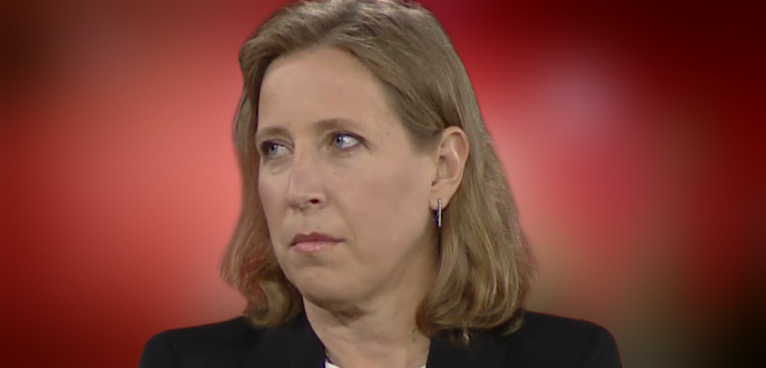The massive amount of power the tech giants hold over the distribution of information through search and social media is one the main concerns that’s driving the Justice Department’s current big tech antitrust investigation.
When it comes to search and video content, YouTube is a dominant player with it being the most visited video-sharing website in the world, the second-largest search engine in the world, and having over two billion users who watch one billion hours of video on the platform each day.
Yet when YouTuber Hank Green raised concerns about how much power YouTube has and how a small number of people at the top of this video sharing platform get to establish the rules on what can be said about the coronavirus, YouTube CEO Susan Wojcicki insisted that the platform is operating in a “competitive landscape.”
“We definitely see that it’s a pretty competitive landscape. That’s what we see from our perspective,” Wojcicki said.
She then went on to cite other huge video sharing platforms, each with hundreds of millions or billions of active users, to assert that YouTube is operating in a competitive landscape.
Specifically, Wojcicki cited:
- Facebook, based in California: A company with 3 billion monthly active users across its platform and that has the fourth most visited website in the world according to Alexa stats.
- TikTok, based in California (with ties to China): A platform with an estimated 800 million monthly active users that’s owned by the mega-corporation ByteDance.
- Twitch, based in California: A platform with 17.5 million average daily visitors that’s the 32nd most visited site in the world according to Alexa stats and that’s owned by the mega-corporation Amazon.
- Apple, based in California: One of the most dominant companies in the world with 1.3 billion active devices.
- Quibi, based in California: A new startup that raised almost $2 billion before it even launched.
Click here to display content from YouTube.
Learn more in YouTube’s privacy policy.
Not only did Wojcicki seemingly miss the irony of claiming that a competitive landscape is comprised of a small number of platforms that are either among the most visited websites in the world, owned by some of the largest companies in the world, or are being backed by billions of dollars in investment, but she also failed to acknowledge that by citing Facebook in her answer, she actually compounded the concerns Green had raised.
Green raised concerns about one powerful corporation getting to decide what users can say about the coronavirus but Facebook is another corporation with similar levels of power that also decides what users can say, has very similar rules to YouTube, and shuts down groups if they spread what it deems to be coronavirus “misinformation.”






















